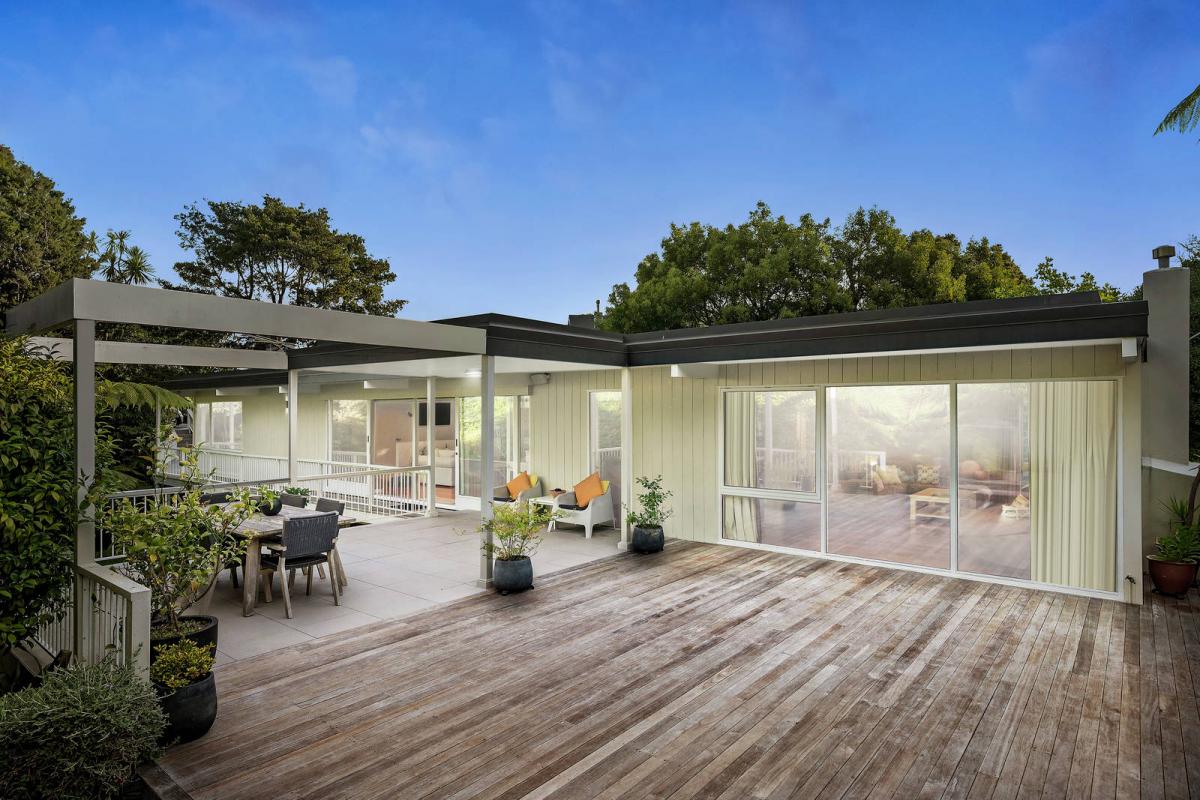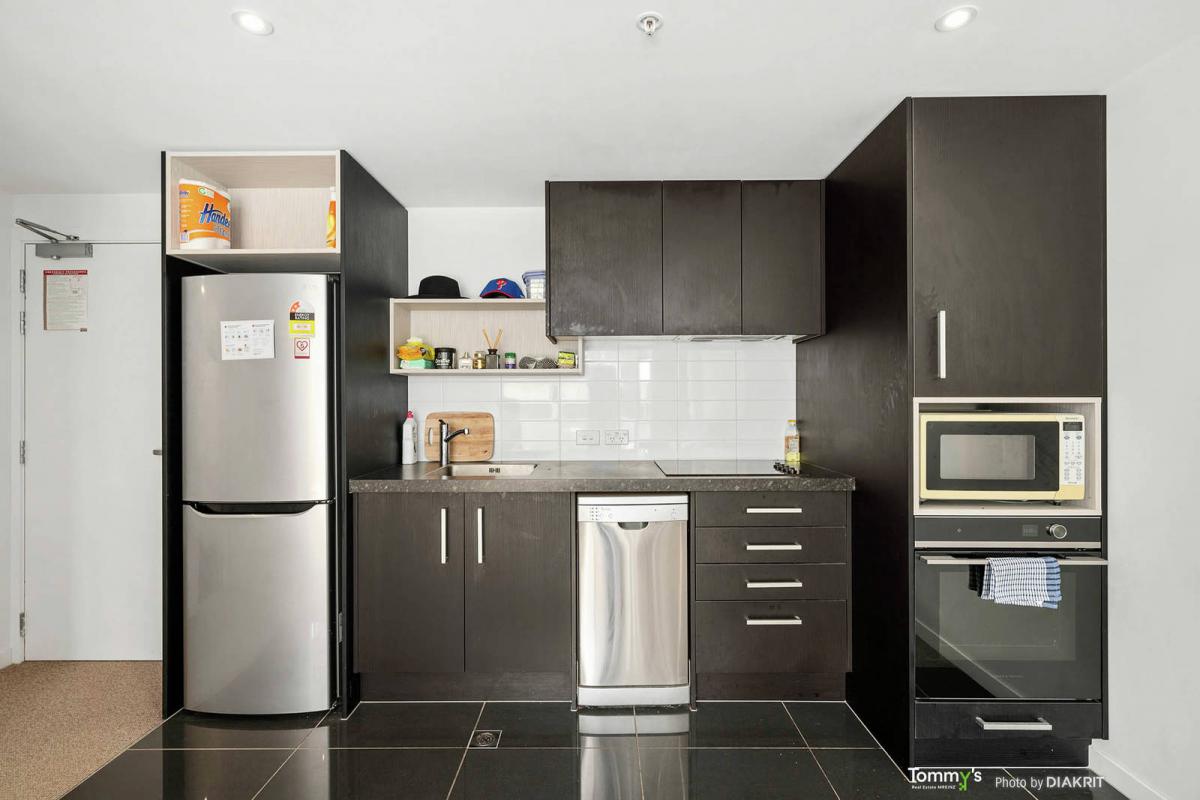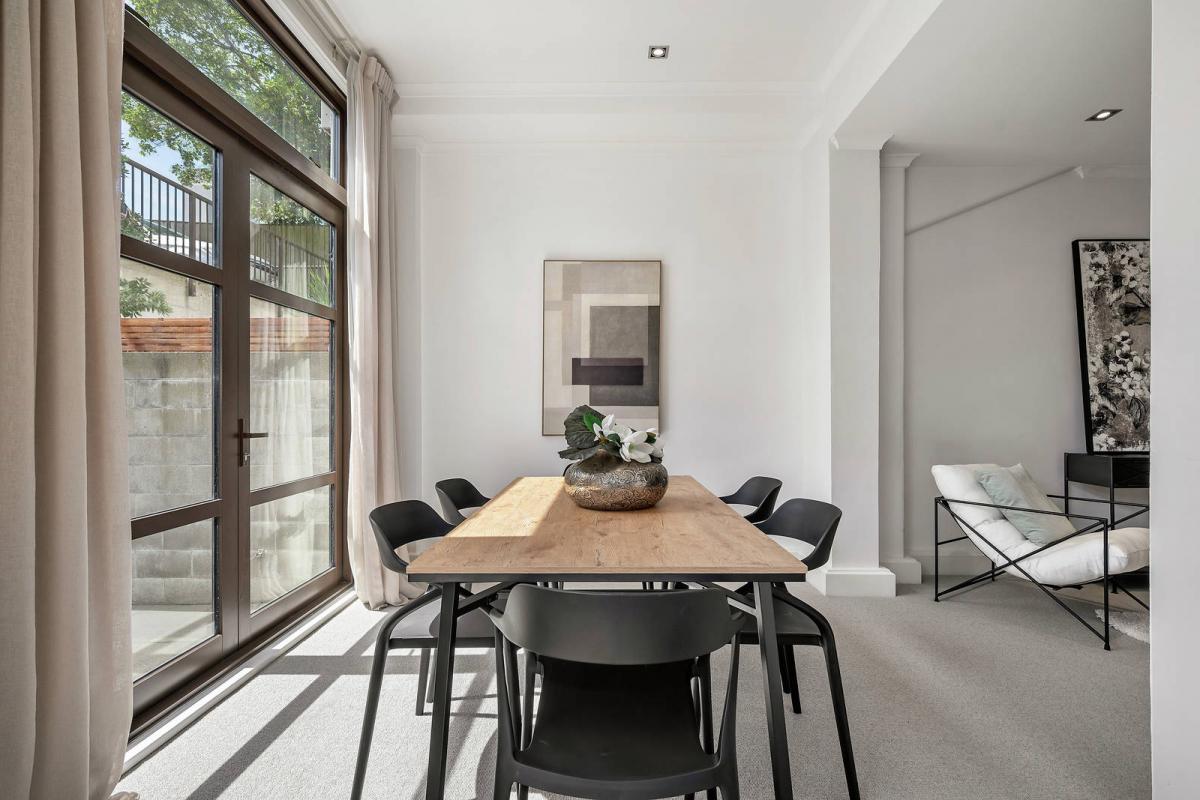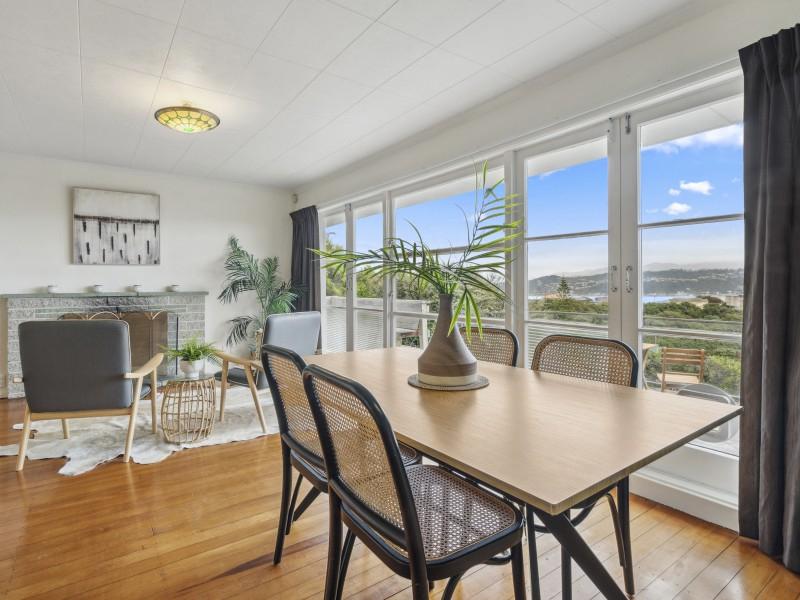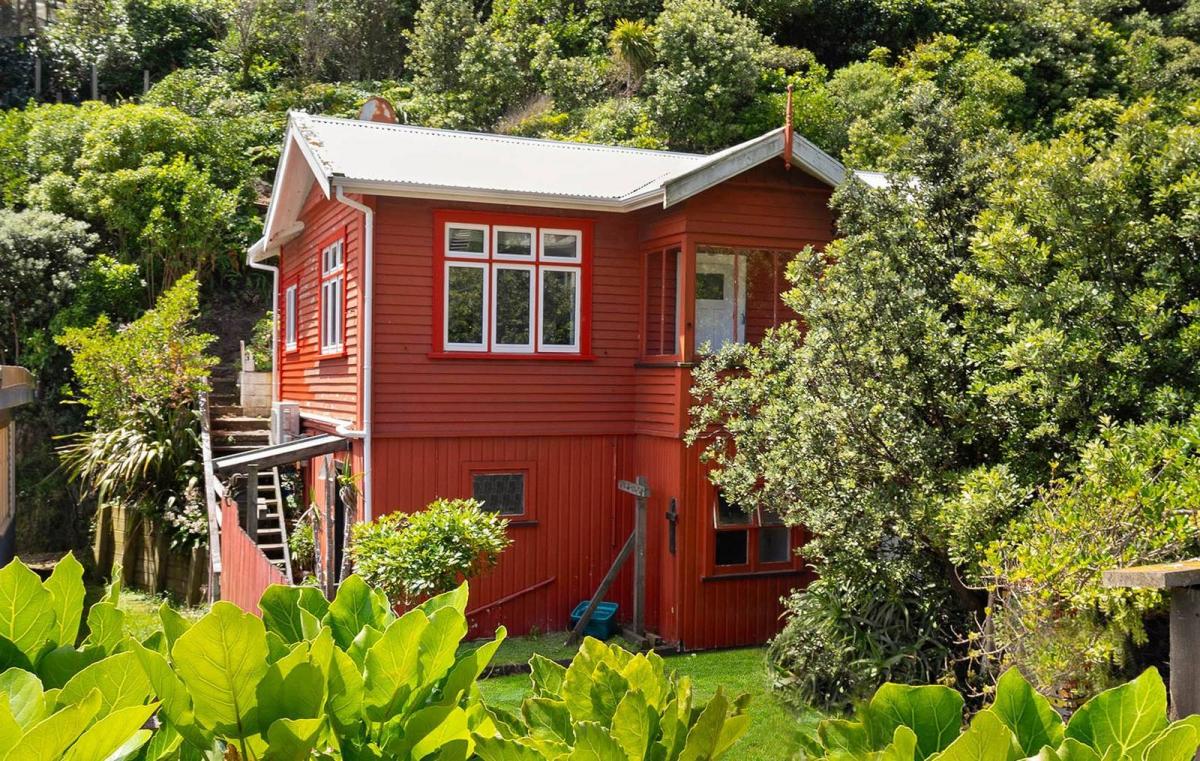Our response to COVID-19.
Kia ora
,
At the Greater Wellington Regional Council, we have been working to ensure we support our communities throughout the COVID-19 Alert Level 4 Lockdown.
This is an update to let you know what we have been doing during Level 4, including keeping public transport going, securing water supplies, closing our parks to vehicles and campers, supplying information through the Wellington Regional Emergency Management Office and looking to the future.
Fogging of buses and trains
Public transport
Our trains and buses have changed to weekend timetables with additional services and travel fares remaining free until the end of June to ensure all essential workers can get where they need, and to enable members of the public under 70 to access essential services such as supermarkets, veterinarians, pharmacies and other health facilities. Those over 70 are requested to stay home but may use public transport to visit a doctor or pharmacy. We’ve also implemented free Total Mobility journeys for customers, up to $80 per trip.
To make public transport even safer, we introduced a raft of additional cleaning measures across the network including germ shield fogging on all Metlink trains and buses, and at stations. This antibacterial spray coating is effective in destroying germs that come into contact with surfaces and has been used for MRSA, Norovirus and H1N1 type viruses.
For the extra protection of our drivers and passengers we introduced back door boarding on our buses to limit the interaction between people. To help passengers keep a two metre distance on our trains, we put markers on floors and seats, as well as stickers on the back of seats and on windows to show where passengers should sit.
Environmental management
Though many of our environmental management operations have reduced during Alert Level 4, we still have essential services operating. Our harbour communication station is still working to ensure safe and efficient maritime management for commercial users of our region’s waters. Our Flood Protection staff have been responding to the various flood events across the region and we’ve also had teams out applying fertiliser to the grazed areas at Battle Hill Farm Forest Park and the western side of Belmont Regional Park. As an environmental protection agency it is important to us that these essential tasks continue.
Water
Wellington Water Ltd is operating as an essential service during the Lockdown and is continuing to provide clean drinking water and safe wastewater treatment to our communities. Some staff members have been redeployed to bolster the frontline numbers for additional resilience and they are securing supply chains for all critical equipment, chemicals and other materials that keep water services running.
Regional parks
We know it is important for people to get out and exercise once a day, while staying local, so our regional parks are still open to walkers and cyclists who live nearby. However, we have closed our gates to vehicles and all park facilities such as toilets have been locked. We encourage people to get out for some fresh air and exercise while keeping a 2 metre distance between themselves and others, and continuing to adhere to Ministry of Health guidelines.
Predator free
As trapping is not an essential service, our professional predator hunters are also locked down, so we’ve been urging backyard trappers to use this time to keep the heat on rats, stoats and other predators. Although a few of our allies in the battle against pests, such as Predator Free Wellington and Wellington City Council, have put pest control operations on hold as well, good work is still underway – and we have been calling on residents to take up the challenge to do their part in their backyards.
Greater Wellington staff can offer support in some circumstances to conduct small operations that are deemed a matter of health and safety. These include responding to residents’ concerns about triggered traps in Wellington City, and wasp nest removal. To protect the health, safety and wellbeing of our staff and the community, a small team who are operating independently has been approved to respond.
WREMO
You might not know this but the Wellington Regional Emergency Management Office (WREMO) comes under the umbrella of the regional council, and many of our people are trained up and willingly working seven days a week to assist the emergency effort during this pandemic.
WREMO continues to operate seven days a week in order to combat the effects of COVID-19 and share information with the public on how to stay safe, ways communities can look after each other and how to get help for those who need it.
The WREMO helpline is also operating daily from 7am to 7pm and people can reach out for help by calling 0800-141-967.
Moving forward
As a regional council we want to contribute to a smooth transition from Level 4 to Level 3 – whatever that may look like. This means cleaning measures and free fares on public transport will remain in place until the end of June no matter what.
We have a COVID-19 response team in place that meets regularly to ensure we are up to date with the latest information and will be able to move to the next level as seamlessly as possible for our staff and for our communities.
I want to congratulate and thank all those living in the Wellington region for their diligence over the last couple of weeks and for continuing to stay home in order to stop the spread of COVID-19.
Daran Ponter, Greater Wellington Regional Council Chair
⚠️ DOGS DIE IN HOT CARS. If you love them, don't leave them. ⚠️
It's a message we share time and time again, and this year, we're calling on you to help us spread that message further.
Did you know that calls to SPCA about dogs left inside hot cars made up a whopping 11% of all welfare calls last summer? This is a completely preventable issue, and one which is causing hundreds of dogs (often loved pets) to suffer.
Here are some quick facts to share with the dog owners in your life:
👉 The temperature inside a car can heat to over 50°C in less than 15 minutes.
👉 Parking in the shade and cracking windows does little to help on a warm day. Dogs rely on panting to keep cool, which they can't do in a hot car.
👉 This puts dogs at a high risk of heatstroke - a serious condition for dogs, with a mortality rate between 39%-50%.
👉 It is an offence under the Animal Welfare Act to leave a dog in a hot vehicle if they are showing signs of heat stress. You can be fined, and prosecuted.
SPCA has created downloadable resources to help you spread the message even further. Posters, a flyer, and a social media tile can be downloaded from our website here: www.spca.nz...
We encourage you to use these - and ask your local businesses to display the posters if they can. Flyers can be kept in your car and handed out as needed.
This is a community problem, and one we cannot solve alone. Help us to prevent more tragedies this summer by sharing this post.
On behalf of the animals - thank you ❤️

2025: The Year of Puzzling It Out!
There’s a one-story house where everything is yellow.
The walls are yellow, the doors are yellow, and even the furniture is yellow.
What colour are the stairs?
Do you think you know the answer to our daily riddle? Don't spoil it for your neighbours! Simply 'Like' this post and we'll post the answer in the comments below at 2pm.
Want to stop seeing riddles in your newsfeed?
Head here and hover on the Following button on the top right of the page (and it will show Unfollow) and then click it. If it is giving you the option to Follow, then you've successfully unfollowed the Riddles page.

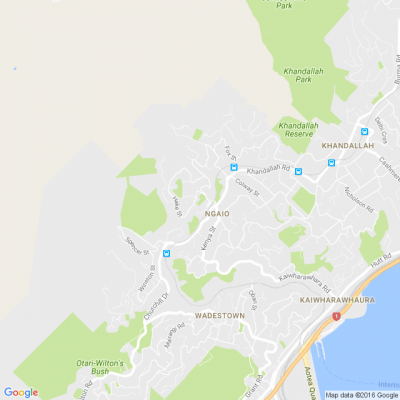
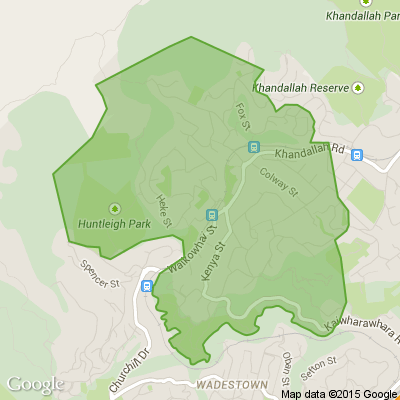





 Loading…
Loading…







